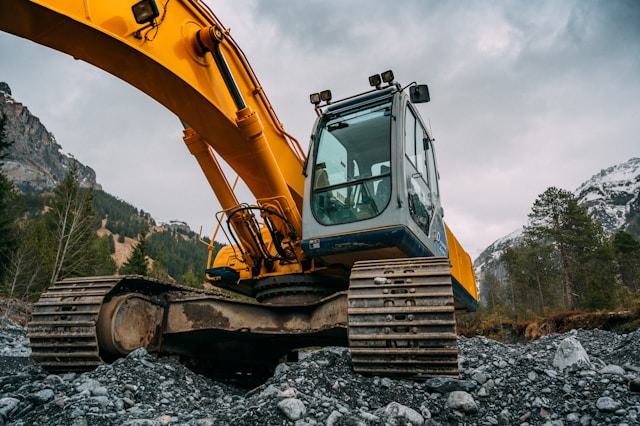Hydraulic oil is a vital component in many types of machinery and equipment, playing a crucial role in their operation and longevity. Whether you’re operating heavy construction machinery, agricultural equipment, or industrial machinery, understanding the basics of hydraulic oil is essential for optimal performance and maintenance. In this article, we’ll delve into the fundamentals of hydraulic oil, its properties, importance, and maintenance practices every equipment owner should know.
Properties of Hydraulic Oil
A specialized fluid called hydraulic oil Charlotte, NC, is explicitly made to transfer power in hydraulic systems efficiently. Because of a few essential characteristics, it is appropriate for the intended use. Viscosity gauges the oil’s flow resistance. Because hydraulic oils are designed to keep their viscosity constant at different temperatures, they can function smoothly even under the most adverse circumstances. Anti-wear additives reduce friction, provide a protective film on metal surfaces, and lengthen the equipment’s lifespan to shield hydraulic components from wear and strain. The purpose of hydraulic oils is to prevent oxidation, which can cause deposits and the creation of sludge in the system. Reliability and extended oil life are guaranteed by oxidation stability. Foam can cause cavitation and decrease the hydraulic component’s efficiency, negatively impacting hydraulic system performance. Therefore, anti-foaming chemicals are present in hydraulic oils.
Importance of Hydraulic Oil
Properly selecting and maintaining hydraulic oil is critical for ensuring efficient operation and longevity of hydraulic systems. Hydraulic oil serves as the lifeblood of hydraulic systems, providing lubrication, heat transfer, and contamination control. Choosing the appropriate viscosity and additive package for the specific application is essential to optimize performance and protect against wear and corrosion. Regular monitoring and maintenance, including oil analysis and filtration, are necessary to preserve the integrity and functionality of hydraulic systems over time.
- Lubrication: Hydraulic oil lubricates moving parts within the hydraulic system, reducing friction and wear. Proper lubrication is essential for preventing component failure and maximizing equipment lifespan.
- Heat Transfer: Hydraulic oil also serves as a medium for heat transfer within the system, dissipating heat generated during operation. Effective heat transfer helps prevent overheating and ensures consistent performance.
- Seal Conditioning: Hydraulic oil helps condition seals and O-rings within the system, preventing leaks and maintaining system integrity. Proper seal conditioning prevents fluid loss and maintains hydraulic system efficiency.
- Contamination Control: Hydraulic oil plays a vital role in controlling contamination within the system by suspending and carrying away dirt, debris, and other contaminants. Regular oil filtration and maintenance are essential for preventing system damage caused by contamination.
Maintenance Practices
Proper maintenance practices ensure hydraulic systems’ ideal performance and longevity. Equipment owners should consider implementing the following practices:
- Regular Oil Checks: Monitoring hydraulic oil levels frequently and refilling as necessary to maintain optimal levels is essential.
- Oil Analysis: Performing periodic oil analysis can help identify potential issues such as contamination, degradation, or excessive wear, which can be corrected promptly.
- Filter Replacement: Regularly replacing hydraulic oil filters is essential to prevent contamination buildup and ensure proper oil flow within the system.
- Temperature Monitoring: Monitoring hydraulic system temperatures is crucial to prevent overheating, which can lead to oil degradation and component failure.
Conclusion
Hydraulic oil is a pivotal element within hydraulic systems, fundamentally influencing their functionality and durability. Appreciating the inherent characteristics of hydraulic oil and recognizing its significance empowers equipment operators to uphold the efficiency and longevity of their hydraulic machinery. For comprehensive insights into hydraulic oil properties and maintenance guidelines, reputable sources like Machinery Lubrication and Hydraulics & Pneumatics provide invaluable resources. Diligent adherence to maintenance protocols and periodic monitoring of hydraulic oil quality is imperative for sustaining peak performance and mitigating potential issues. Hydraulic systems can operate reliably and efficiently over extended periods with proper care and attention, minimizing downtime and maximizing productivity.









